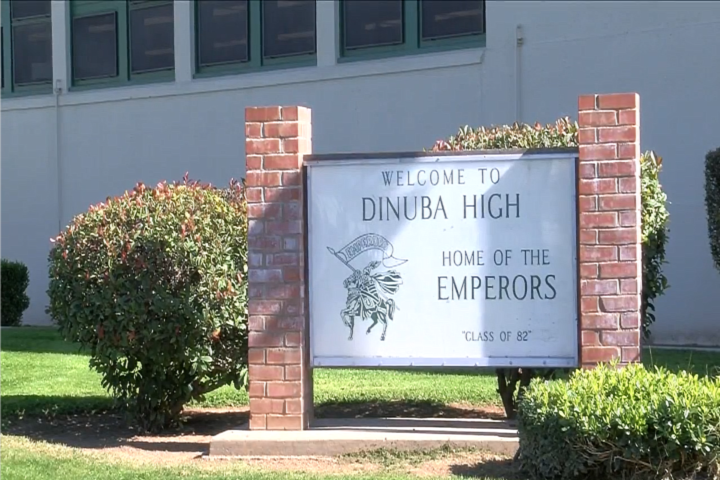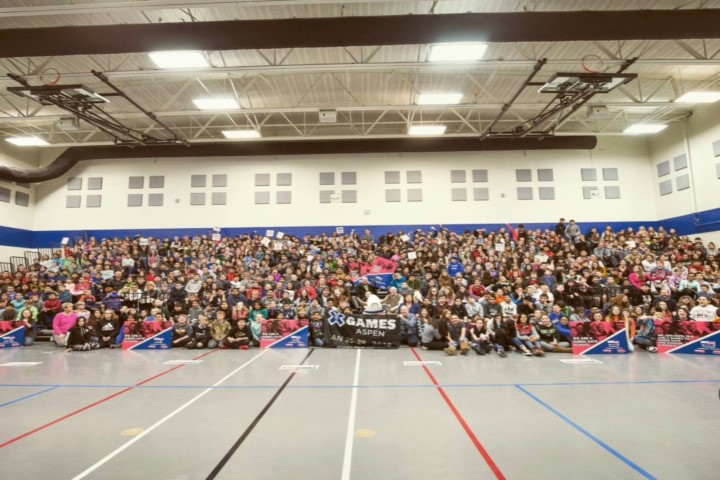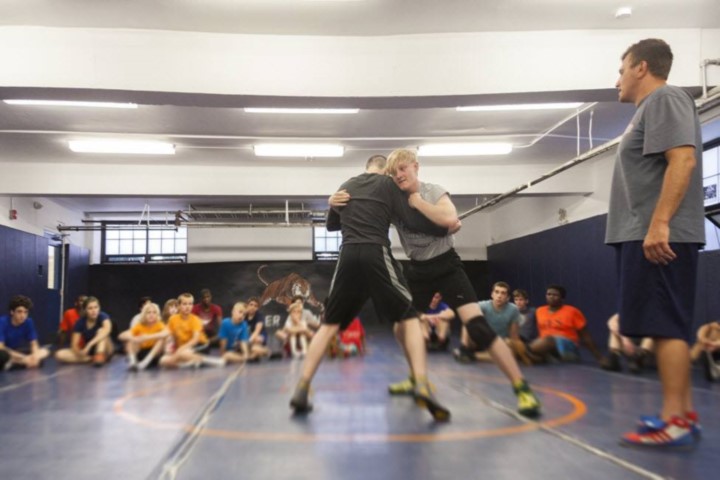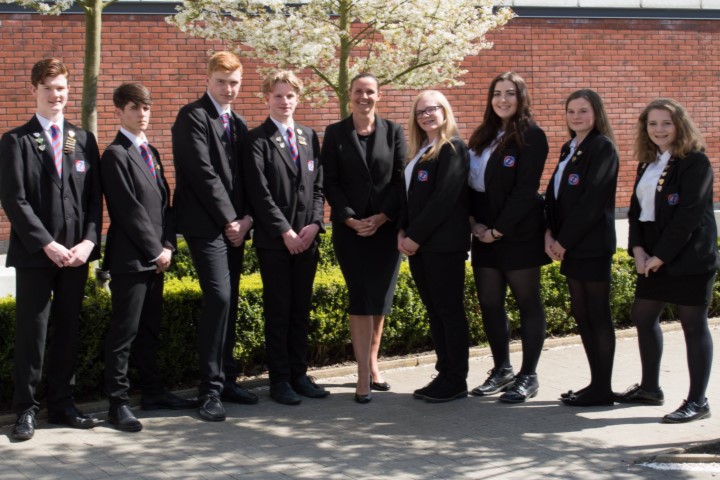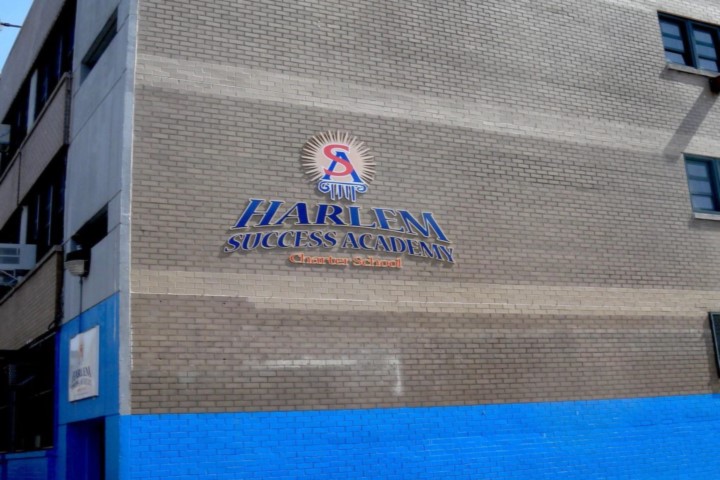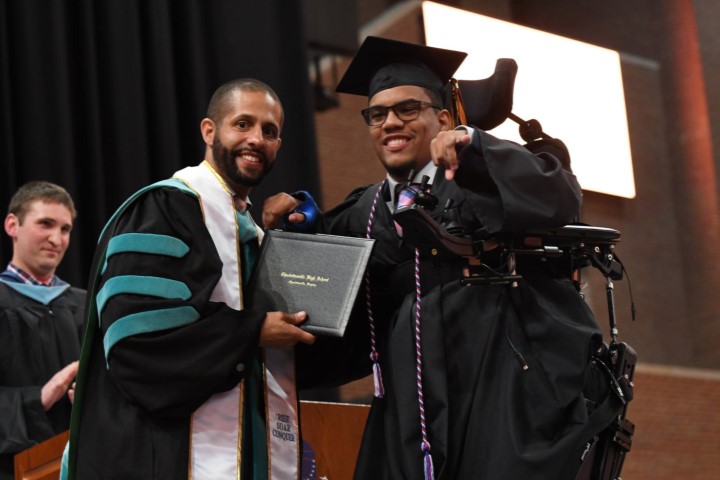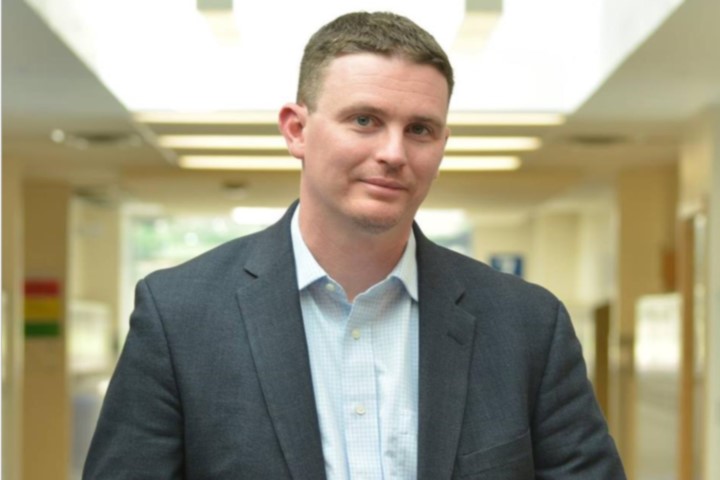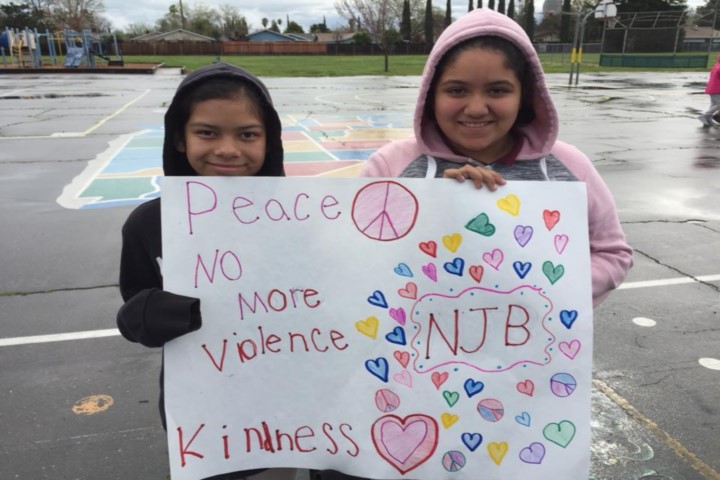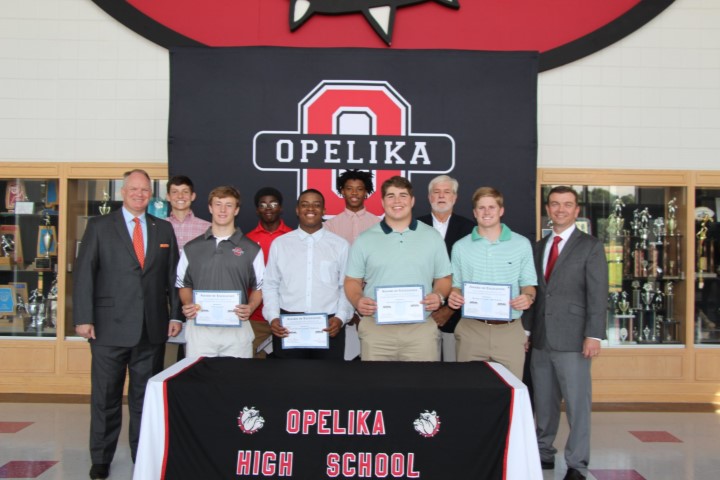Dinuba High School student Audrey Menard is well-known for her outstanding character, and she isn’t shy about explaining what drives her to stay kind and positive through life’s challenges.
The California junior is active in Dinuba’s Ignite Club, a Christian student group on campus, and it’s her faith in Christ that has helped her stay strong when her “papa” was diagnosed with cancer earlier this year, Your Central Valley reports.
“I came home after a choir concert to find out my Papa was diagnosed with pancreatic cancer,” she said. “At first you didn’t want to believe it and it was really shocking.”
Ignite Club advisor Christopher Seitz, a Dinuba science teacher, credited Menard’s ability to persevere through the bad news to her Christian faith.
“Audrey had a positive attitude, in fact she says, ‘We believe he will be healed.’ And I was floored by that statement and I think she can say that because she has a profound faith,” he said.
Despite her own issues, Audrey has continuously worked to help others at school, serving as an example of kindness and compassion for both students and staff, Seitz said.
“Her smile alone is enough to make me smile and people respect her, students and teachers alike, because she is so mature for her age and radiates beauty and kindness,” he said.
Menard, who was recognized for her remarkable character by Your Central Valley in February, said her faith has taught her to use kindness and resilience to her advantage, particularly when times are tough.
“When it feels like everything is going wrong in the world to focus on that positive thing,” she said. “That can change your whole view on everything that will get you through the hardest moments.”
“I have this positive mindset that (papa) is healed, we are going to pass through this, and it will be a miracle that we can use to help other people,” Menard said.
Menard’s story highlights the important role faith plays in many students’ lives, and it serves as a reminder about the critical sacred quality of good character.
“This point bears repeating: character does not require religious faith,” James Davison Hunter, founder of the Institute for Advanced Studies in Culture, wrote in The Death of Character. “But it does require conviction of truth made sacred, abiding as an authoritative presence within consciousness and life, reinforced by habits institutionalized within a moral community.”
The Ignite Club obviously offers one avenue for reinforcing the religious habits that guide Menard’s strong character. Teachers can also take the lead in encouraging students to draw on their deepest convictions – including religious convictions – in ways that honor the sacredness of those beliefs and makes space for the convictions of others.
The Jubilee Centre for Character and Virtues offers a research report titled Flourishing from the Margins: Living a Good Life and Developing Purpose in Marginalized Young People that explains how students perceive their own sense of purpose and their vision of a “good life.”
In addition to research on how character education plays into education, the report suggests key recommendations for educators and provides teaching resources to help put the findings into action.
